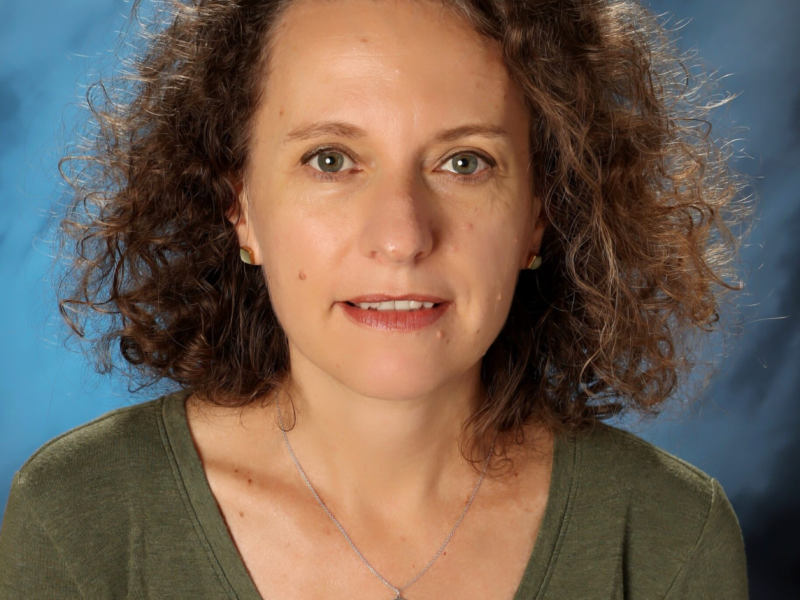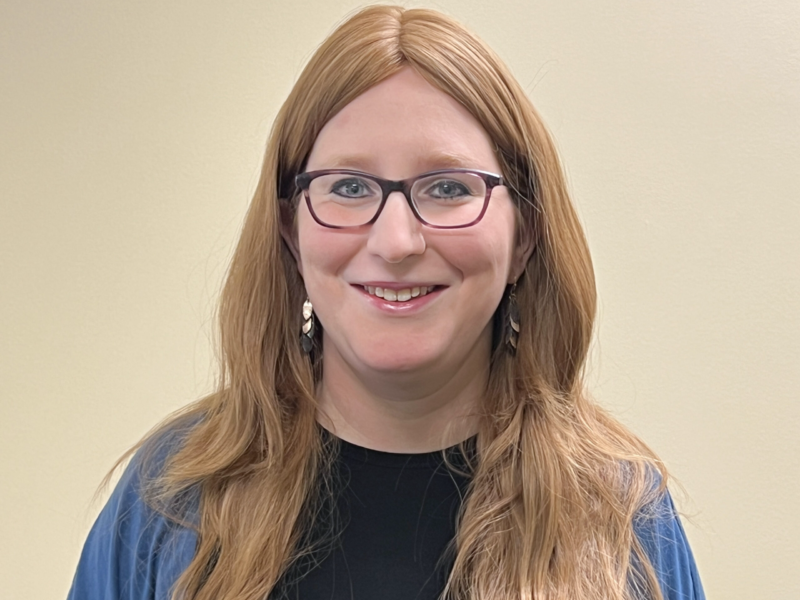The recently released census of Jewish day schools in the United States sponsored by the Avi Chai Foundation demonstrates an overall increase in day school enrollment since the surveys began in the 1998-99 school year.
Conducted at five-year intervals, this research provides a clear picture of trends in the day school system over an extended period of time. The statistics were self- reported by every known Jewish day school in the United States. The fourth census of Jewish day schools in the United States was conducted 2014. by Dr. Marvin Schick and was released late in 2014.
“The participation rate of 100% for known schools is a remarkable accomplishment,” says Yossi Prager, North American executive director of the Avi Chai Foundation. “Anyone interested in the Jewish day school field benefits from this achievement. We are indebted to Dr. Schick for his dedication to this project.”
This census demonstrates an overall increase in day school enrollment nationwide, as well as in Oregon. There were nearly 255,000 students enrolled nationally from the 4-year-old level through 12th grade in Jewish elementary and secondary schools in the 2013-14 school year. This represents an increase of 12% since the previous census in 2008-9 and 37% since 1998-99. Enrollment has grown by 70,000 students in this span of 15 years.
OREGON SCHOOLS
In Oregon, day school enrollment has grown 22.49% during that same period. In 1998 enrollment in Oregon day schools was 249. By 2013 that number had grown to 305. Oregon has three Jewish day schools, all located in Southwest Portland.
Portland Jewish Academy (pjaproud.org) is the state’s oldest existing day school. PJA was formed in 1986 with the merger of Hillel Academy, founded in 1961, and The Jewish Education Association, which had operated an afternoon Hebrew school since 1934. In addition to the elementary and middle school, the community day school offers infant care and preschool on the Schnitzer Family Campus (6651 SW Capitol Hwy.), which it shares with Mittleman Jewish Community Center.
Maimonides Jewish Day School (maimonidesjds.org) was founded in September 1985 as Aleph Bet Jewish Preschool. In 1998 the day school moved from Beaverton to its new campus in Southwest Portland. This fall the campus opened an expanded and renovated building with new classrooms and meeting space. The campus at 6612 SW Capitol Hwy. is home to both MJDS, with elementary and middle school classes, and The Gan- Portland Jewish Preschool.
Maayan Torah Day School (portlandjewishdayschool.org) was founded in 2011 with a preschool class. Now in addition to the preschool, Maayan offers Torah day school classes for kindergarten through eighth grade. Affiliated with Torah Umesorah – the National Society for Hebrew Day Schools, Maayan meets at 2900 SW Peaceful Lane.
NATIONAL TRENDS
Portland is not alone in adding new schools. Students are enrolled in 861 day schools nationally, significantly more than the 802 schools reported in the previous census and the 676 accounted for in 1998-99. RAVSAK or community schools have fared rather well, gaining 4,500 students and 16 schools across the 15-year period. This represents enrollment growth of nearly a third.
Chabad schools have also done well, growing by about 2,200 students, or more than 60%. In 2013 there were 15 more Chabad day schools than operated in 1998. The statistics also provide a sense of the relative smallness of Chabad schools. There were an equal number of Chabad and Modern Orthodox schools, but the latter category had many more students.
Among the Orthodox schools, where enrollment in Chassidic and Yeshiva World schools has grown by nearly 110% and 60%, respectively, another communal challenge arises. As Dr. Schick explains, this challenge is “whether there will be sufficient resources to provide adequately for the growth in these two sectors.” In the non-Orthodox sector, community school enrollment has increased, whereas enrollment has declined in non-Orthodox schools overall. Non-Orthodox enrollment now constitutes 13% of all day school enrollment, a decrease from 20% as reported in 1998-99. These data, explains Dr. Schick, present “the community with an enormous challenge: will day school continue to be a principal instrument for Judaic strengthening among those segments of American Jewish life for whom day school education is a critical determinant of young people’s future Judaic commitment?”
Small school size is a consistent feature of the Jewish day school world. In each of the four censuses, approximately 40% of day schools have fewer than 100 students. “The existence of so many small schools raises educational, financial and communal concerns,” explains Dr. Schick. “Many of these schools will not survive, while others will continue to struggle with their small enrollments. This has been a phenomenon we continue to see over the last 15 years.”
“As Avi Chai plans to sunset in 2020, this fourth census is the last one that will directly inform our grantmaking,” says Avi Chai Foundation Chair Mem Bernstein. “These censuses have provided our trustees and staff with data-rich perspectives on our work. Where it foretold challenges facing the community, it offered us, and others dedicated to the day school field, rich opportunities to make a difference through our grantmaking. We hope that this census and the next, which will be the last Avi Chai-sponsored census, will provide useful information as the day school field continues to evolve and grow.”
Avi Chai’s goal for its remaining years is to nurture and grow the strength and influence of institutions, people and ideas that serve the day school and overnight camp fields.





